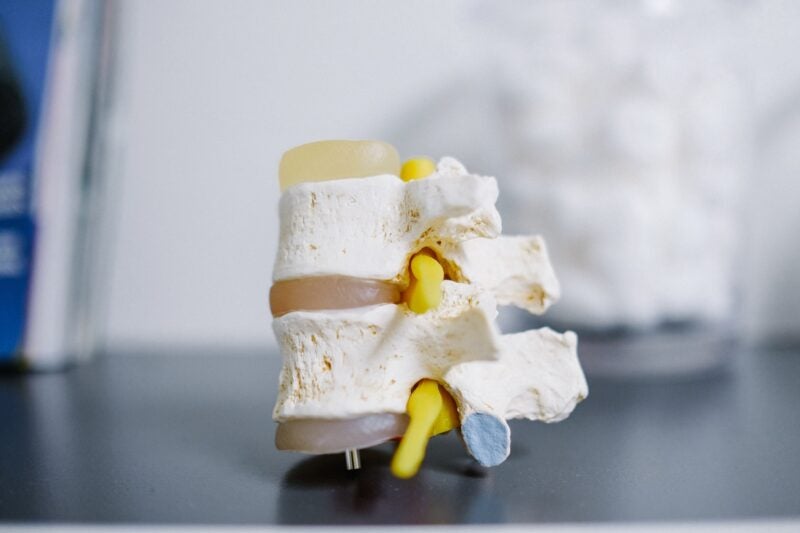
CGBio has received Breakthrough Device Designation (BDD) from the US Food and Drug Administration (FDA) for its advanced bone substitute material, Novosis Putty.
The Korean bio-regenerative medicine developer has developed this second-generation material using recombinant human bone morphogenetic protein 2 (rhBMP-2).
Novosis Putty is said to be the first such implantable medical device in Korea for spine implantation.
It incorporates a ceramic-based synthetic scaffold with advanced moldability and osteoconductive properties.
In addition, the material features advanced sustained-release formulation technology (SLOREL) from its predecessor, Novosis Ortho.
Novosis Putty’s key ingredient is rhBMP-2, which is a mass-produced by South Korean pharma firm Daewoong Pharmaceutical.
According to CGBio, the protein supports bone regeneration and helps transform stem cells into bone cells in cases of bone defect.
It is globally known as Nebotermin and recognised by organisations, including the World Health Organization (WHO).
CGBio CEO Hyun Seung Yu said: “The breakthrough device designation for Novosis Putty is further proof of CGBio’s technological prowess, innovation, and potential.
“With the designation’s emphasis on quickly bringing beneficial products to market, we are committed to helping more patients overcome diseases and return to healthy lives through Novosis Putty.”
The breakthrough status for the bone substitute material is expected to result in prioritised FDA support during the approval process.
During this support, the American health regulator maintains continuous communication, assigns a specialised review team, and prioritises the review of clinical trial design to approval.
This in turn will accelerate the FDA approval and allow rapid entry into the US market compared to other devices.
CGBio has finished a preclinical trial for Novosis Putty and is conducting clinical trials to identify the optimal dosage.
The bio-regenerative medicine firm has plans to apply for US confirmatory clinical trials in the first half of 2024.






